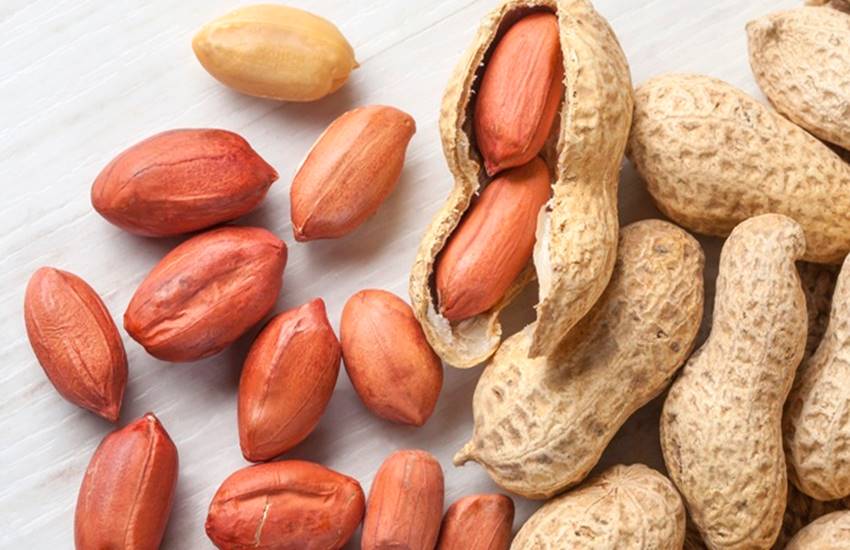
5 Reasons to Eat Peanuts
With all the continuing discussion concerning healthy college lunches, I can not facilitate however remember my childhood. My nose still stings after I bear in mind that pungent aroma (awful to ME, however maybe tantalizing to others) and also a lot of steaming, factory-made slop (unappealing to ME, but perhaps scrumptious to others) that appeared daily in the cafeteria. “You’re so picky,” my friends chided me, as I bypassed the lines and made a beeline for our table, lunch box in tow. “You’re thus boring,” my friends joked as they watched me unwrap yet another peanut butter and jelly sandwich.
Peanuts and that I compound ways in which for a couple of years after I was in my 30s, struggling to lose the 40 pounds I put on with each pregnancy. Back then, I assumed of something that contained calories and fat because of the enemy. But once I finally lost the load and began feeding my 2 boys spread, I couldn’t resist the occasional finger-in-the-jar swipe. It brought ME a definite comfort I hadn’t had in years (and the load did not return to haunt me).
Since then, we’re friends once more, the peanut and I. How did I tackle the high-fat content and calories? Moderation, of course. That’s straightforward to try since it does not take loads to satisfy; peanuts’ fat and fiber content makes them terribly filling. And their fat— mostly of the monosaturated kind— is heart-healthy fat (not a reason to eat a LOT of it; just a reason to feel OK about eating it at all).
I say it’s a good thing peanuts are back in my life because there are so many health benefits associated with eating them:
- Protein and fiber. Peanuts improve satiety and help maintain weight loss. Several studies have found that eating small amounts of nuts helps dieters lose weight; when nuts were allowed in their eating plans, they did not feel deprived.
- Nutrients. Peanuts are abundant in the vitamins niacin, folate, pantothenic acid, thiamin, riboflavin, choline, Vitamin B6, and Vitamin E and rich in minerals like magnesium, phosphorous, potassium, zinc, iron, copper, manganese, and selenium.
- Disease control. Studies have found eating peanuts five times a week decreased heart disease and reduced the risk of diabetes, gallbladder disease, and colorectal cancer. Peanuts and peanut butter are included on the DASH diet eating plan, which helps lower blood pressure.
- Antiaging. Peanuts have been found to contain the potent antiaging molecule resveratrol, the same phytochemical found in red wine and grapes. Studies have shown that resveratrol can fight the proliferation of fat cells and improve the uptake of sugar from the blood. The resveratrol in peanuts is found in the seed itself and the skin.
- Cholesterol. When postmenopausal women with high cholesterol were fed a low-fat diet that included healthy fats from peanuts, their cholesterol improved. The phytosterols that peanuts contain have been shown to reduce cholesterol.



